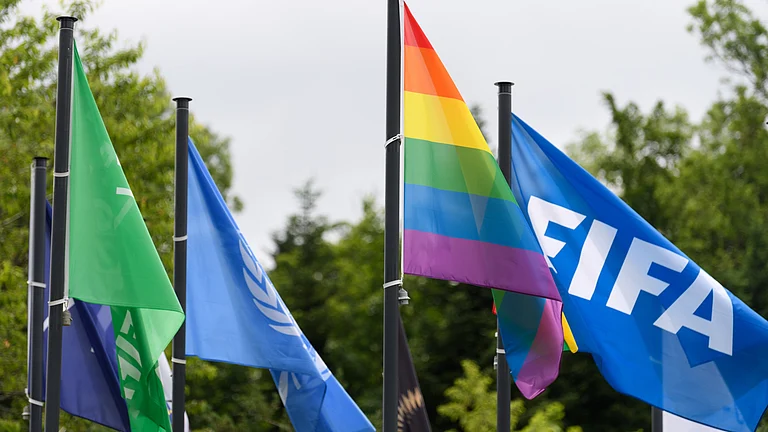Qatar received praise from the United Nations Human Rights Council for progress in labor law reforms made before hosting the 2022 World Cup, but the country also faced calls for deeper changes. This was Qatar’s first five-year review since the tournament, during which hundreds of thousands of migrant workers were employed to build stadiums and other critical infrastructure. The discussion in Geneva praised Qatar for improvements while highlighting areas still in need of reform, such as its restrictive labor system known as kafala.
Qatar’s representative, Hend Abdulrahman Al Muftah, shared that the government introduced a minimum wage, granted migrant workers the right to change employers, and strengthened protections against forced labor and trafficking. Al Muftah acknowledged the vital contributions of migrant workers, referring to them as “true partners.” The Netherlands delegation noted these were “significant steps,” though France, Sierra Leone, and others encouraged Qatar to go further in enforcing labor laws and eliminating remnants of the kafala system, which still links workers’ residency to their employers.
Additional recommendations called for Qatar to abolish the death penalty and decriminalize same-sex relationships. Brazil, Mexico, and Spain urged Qatar to update its policies to better protect LGBTQ+ individuals, while other nations such as Ireland and Italy encouraged the country to abolish capital punishment. Al Muftah defended Qatar’s record on women’s rights, highlighting the rise of women in diplomatic roles from three to 120, but this progress met calls for further reforms. Sweden and Iceland urged Qatar to amend laws affecting divorce, child custody, and inheritance, advocating for the removal of male guardianship requirements for reproductive healthcare.
In terms of press freedom, Qatar has climbed in global rankings, now sitting at 84th, a marked improvement. Still, Norway and other states urged the government to protect civil society and ensure that journalists and human rights defenders can operate without fear of reprisal.
With Saudi Arabia likely to host the 2034 World Cup, the focus is shifting toward the region’s upcoming major events and the scrutiny they will bring to human rights issues. Qatar, with its rising ambition in the sports arena, is expected to bid for the 2036 Olympics. Nasser Ali Al-Khater, a sports ministry official, emphasized Qatar’s dedication to using sports as a platform for cultural exchange and global cooperation. Reflecting on the positive impact of the World Cup, Al-Khater expressed Qatar’s intent to continue its engagement with international sports while maintaining commitments to labor and human rights.
Despite progress, Qatar’s journey to achieve full compliance with global human rights standards remains under close watch, especially as it seeks to expand its role on the global stage through sports and international cooperation.
(This article is a reworked version of a PTI feed)


























